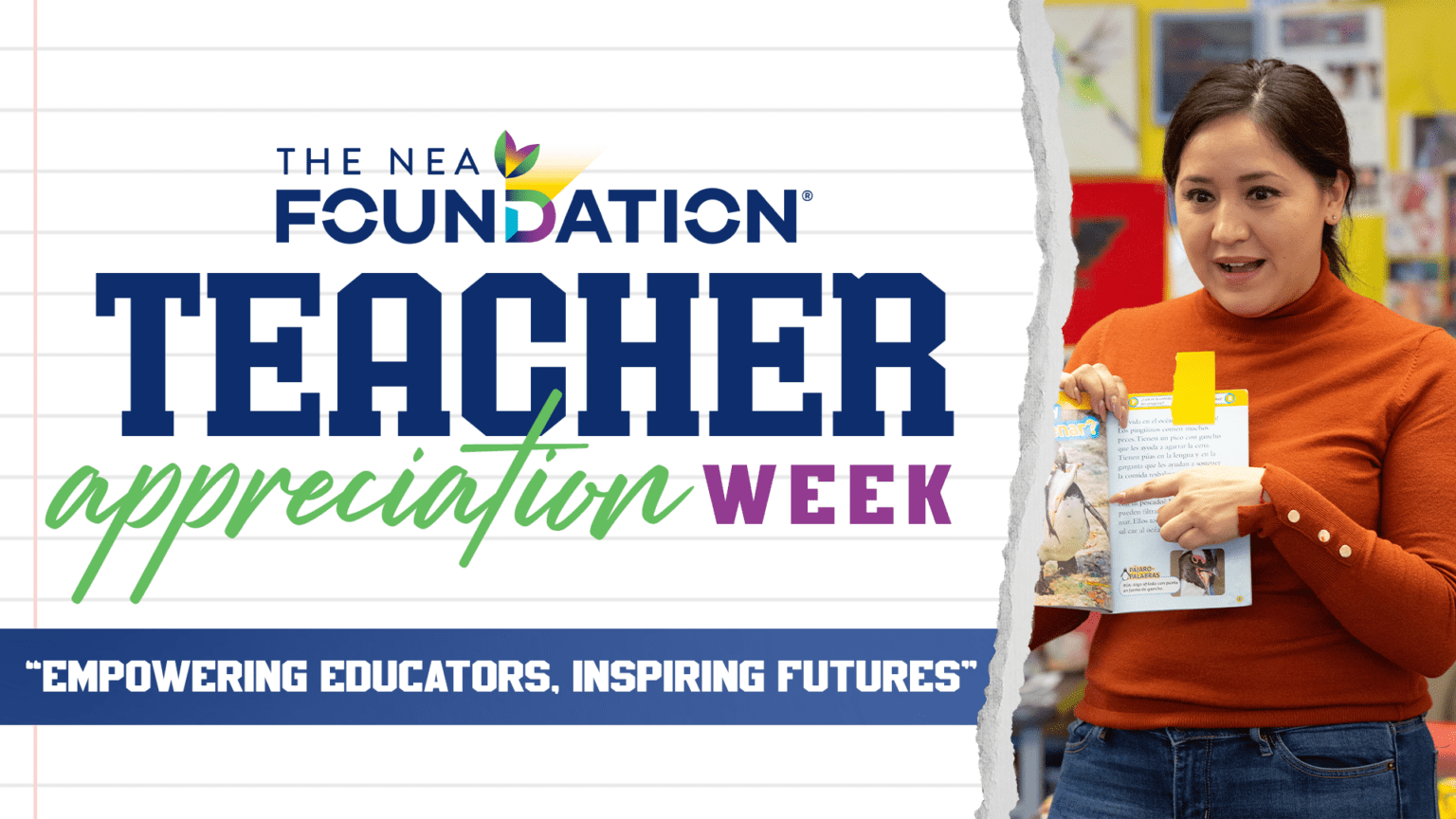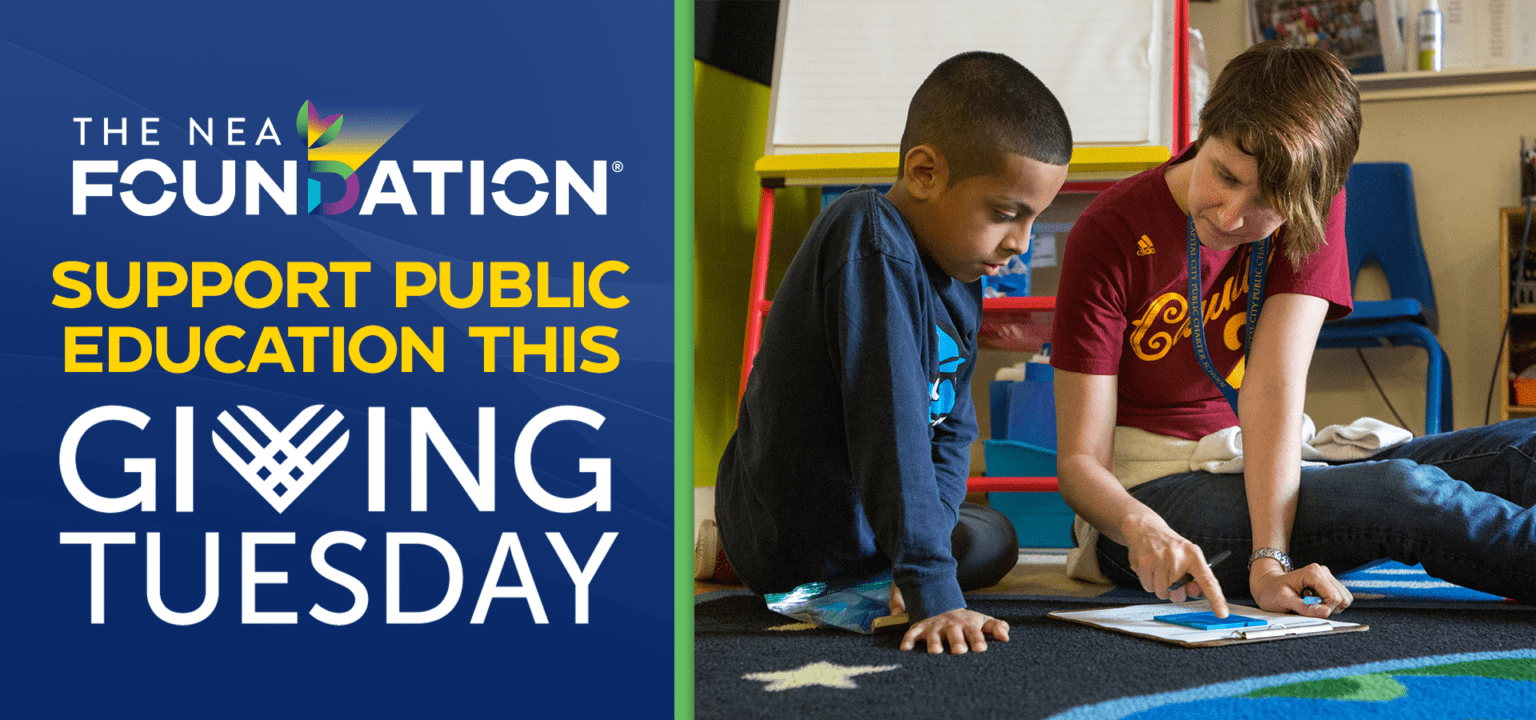By Jeanne DelColle
Pearson Foundation Global Learning Fellow and history teacher at Burlington County Institute of Technology in Westampton, NJ
As a social studies teacher, I have always believed in the power of travel as an ultimate form of professional (and personal) development. Our world is growing increasingly flat thanks to social media and a 24 hour news cycle, but there is nothing that will broaden a person’s perspective more than experience. It is one thing to read about a culture or look at pictures, but it is something else entirely to be able to tell people about the sights, smells and sounds of a foreign land from firsthand experience. As a teacher, perhaps the most valuable part of travel is to try to relate the feelings you experienced to your students and colleagues as you interacted with the people and culture. Often, preconceived notions and stereotypes are shattered while curiosity is piqued. Students also see that in order to grow you have to be willing to try something new.
It is not easy for anyone to step outside their comfort zone, particularly for teachers who have a bell schedule embedded in their DNA. We teachers are used to routine and structure, even though within our classrooms we adapt like chameleons to tailor our lessons for our students and whatever fire alarm, modified schedule or other dramatic event that happens on any given day. Personally, I lose track of time in the summer without a bell ringing every so often to remind me when it is time to eat, move or use the restroom. A history of isolation also means that many of us are also used to being in charge of the independent kingdoms we call classrooms.
So, what happens when you take 35 teachers, each from a different state, to Brazil to study the schools and culture? Magic.
I was honored to be one of the Pearson Foundation/NEA Foundation Global Learning Fellows for 2013. We were a mixed group in terms of travel experience. Some had traveled quite a bit, while others had never left the country and this was the first time they ever possessed a passport. One had never seen an ocean before. The group had prepared with Portuguese lessons, insights into global issues, learning about the culture of Brazil and attending webinars, but none of it came close to the learning we did on the ground in the 10 days we were immersed in Sao Paulo and Rio de Janeiro. From the time we landed, it was clear that lives would be changed and perspectives forever altered among the 35 teachers.
When it came to culture, the one thing that was clear was that there was no singular Brazilian culture. There are so many ethnic groups that make up the culture of Brazil that just about any of us would fit in as natives. Whether African, Portuguese, indigenous, Japanese (largest concentration outside of Japan) or Italian descent, all were Brazilian. The way the Brazilians embrace their past, particularly slavery, and incorporated it into the culture and even children’s games was very different than the way we discuss it here. Brazil imported far more slaves (approximately 38% of twelve million) than the US (5% of twelve million) and was the last country to abolish slavery in 1888. It made many of us uncomfortable that the discussion was so open and we were surprised that it was so non-controversial, but it also caused us to think deeper about our own reactions.
Continue reading the original post on Jeanne DelColle’s blog, “Adventures of a NJ TOY.”












